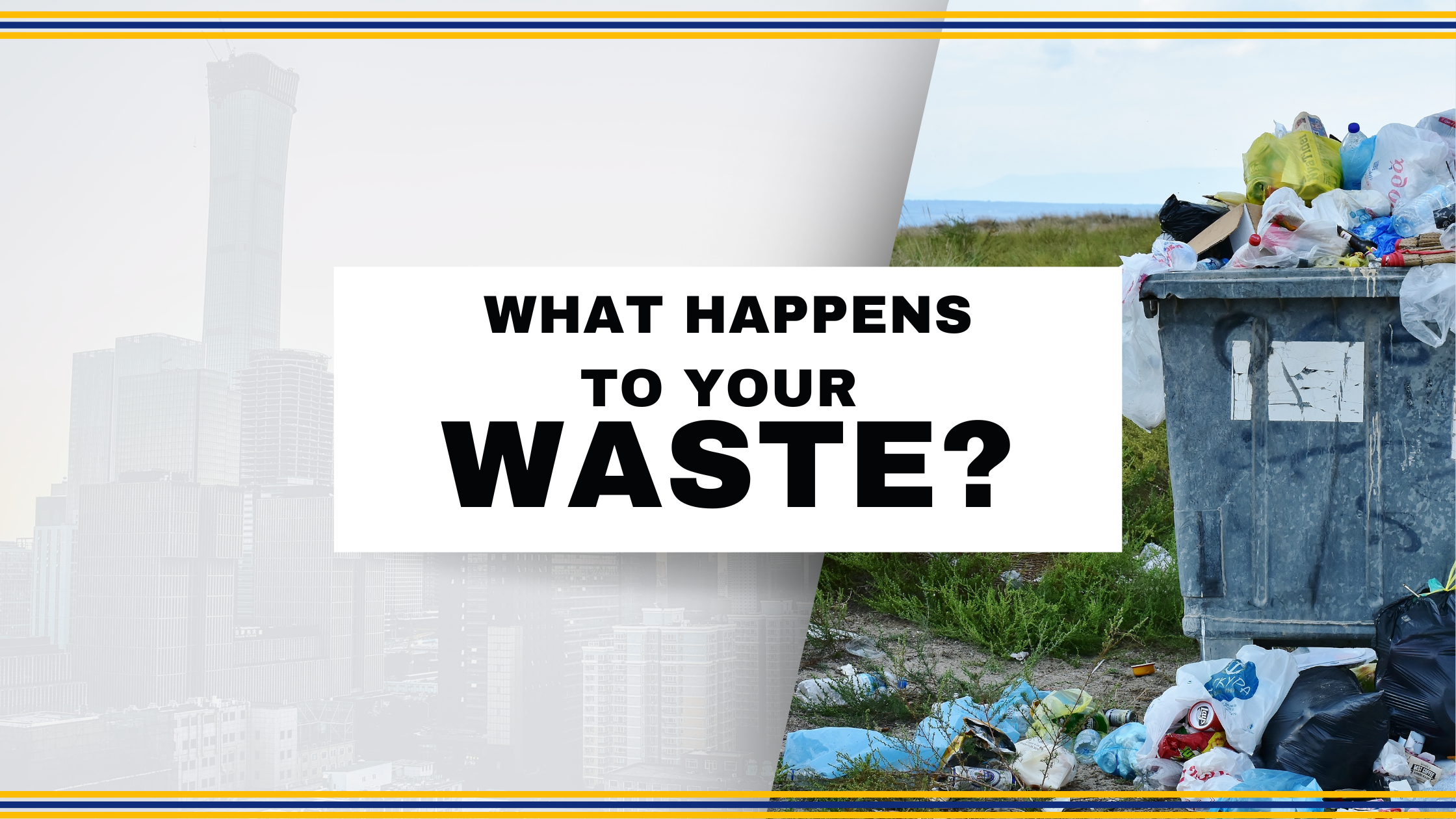It might not have felt like it during our South African winter, but in global terms June 2023 was the hottest June in 173 years (according to NASA’s global temperature analysis). Climate change and how to lessen its effects is becoming an even more urgent topic than before.
Which means that for companies, environmental, social and governance (ESG) reporting and ESG scoring are becoming more important too. Recognising the significant recent increase in investor interest in sustainability and climate-related issues, the Johannesburg Stock Exchange (JSE) is developing a Sustainability Disclosure Guidance specifically tailored to the South African context.
The three components of ESG
ESG reporting covers the following three components of a company’s overall operations:
- Environmental – focuses on a company’s impact on the environment, including resource usage, emissions, waste management, and climate change mitigation efforts.
- Social – evaluates a company’s stakeholder relationships, including with its employees, customers, suppliers, and surrounding communities.
- Governance – covers a company’s internal structure, leadership, policies and procedures. Good governance ensures transparency, accountability, and ethical decision-making.
Environmental component of ESG
Although widely discussed, in reality ESG reporting can be quite complex.
For example, when reporting on the environmental component of ESG, a company needs to provide their total annual energy efficiency and water consumption figures, greenhouse gases (GHG) emissions, and waste diversion data.
Reporting on GHG emissions is divided further into three ‘scopes’:
- Scope 1 – direct emissions owned or controlled by the company.
- Scope 2 – indirect emissions from the generation of purchased energy.
- Scope 3 – all indirect emissions (not included in scope 2) that occur upstream and downstream in the company’ value chain.
Many multinational businesses operating in South Africa therefore use the UK’s DEFRA conversion factors to calculate and report on their GHG emissions, substituting local landfill emissions calculations within the overall framework.
WHY INVESTORS ARE MORE INTERESTED IN ESG FACTORS NOW THAN EVER BEFORE
Our eBook is a complete guide to ESG and what you need to know to comply.
Waste management and ESG
Managing waste is part of doing business – companies buy raw materials and convert them into products, they package, distribute and sell the products, and in the end dispose of the different waste streams generated in the process.
This linear economic model is now being challenged, however, by public sentiment, increased supply chain pressures and rising costs. As a result, many companies are moving towards a circular economy, which focuses on designing products for reuse and maximising the recovery and recycling of waste materials.
Extended producer responsibility (EPR) has therefore also become part of the ESG landscape. EPR aims at decreasing the total environmental impact of a product, by making the manufacturer responsible for the entire life-cycle of the product, and especially for the take-back, recycling and final disposal.
How many companies have the necessary systems in place to accurately collect and measure the data for such detailed reporting?
We can help
As a specialist waste reduction company, WastePlan is driven by a vision of a cleaner, greener future. Unlike many others, we don’t profit from waste transportation or landfill fees. Our focus is on recycling, reusing, and repurposing – ensuring a sustainable approach to waste management.
We help companies to:
- Get to grips with the volume and types of waste they produce, by doing an in-depth waste audit.
- Reduce their waste dramatically over time, by implementing separation at source.
- Understand what happens to their different waste streams, through our user-friendly reporting platform.
- Ensure compliance, by partnering exclusively with correctly certified transport, recovery, recycling, and disposal service providers.
- Streamline their ESG reporting, by providing traceable waste diversion data in almost real-time.
In summary, WastePlan offers accurate, relevant, auditable, and transparent waste management data. We use internationally recognised standards and frameworks, and also have a network of accredited ESG industry professionals for those companies who require more comprehensive ESG reporting support.





